The Rafah refugee camp in the Gaza Strip is facing a dire health crisis, compounded by overcrowding, inadequate infrastructure, and the aftermath of Israeli aggression. With approximately 2 million Palestinians crammed into just 64 square kilometers, the area is struggling to provide basic services to its displaced residents, exposing them to severe health hazards.
Displaced Gazans, forced to seek refuge in southern Rafah, are enduring harsh living conditions in makeshift nylon tents. The lack of essential amenities such as clean water, adequate sanitation facilities, and proper waste management has created a breeding ground for infectious diseases and health risks. Stagnant water, sewage, and heaps of garbage are prevalent in many refugee camps, exacerbating the situation.
Yasser Ammar, a Palestinian youth from the camp, highlighted the health challenges faced by residents, including diseases caused by contaminated water and increased mosquito populations. He recounted the recent incident of dirty water entering their tent, leading to illness among children. The pervasive stench of accumulated garbage further adds to the physical and mental toll on the community.
Asab Al Attar, another resident, expressed concern over the deteriorating conditions and urged local authorities to address the sanitation issues urgently. The lack of access to clean water exacerbates the plight of displaced residents, who endure fluctuating water availability on a daily basis.
The overcrowded and unsanitary conditions in Rafah underscore the urgent need for humanitarian intervention to prevent a worsening health crisis. Immediate measures must be taken to improve sanitation, provide access to clean water, and mitigate disease outbreaks to alleviate the suffering of displaced Palestinians in Gaza.



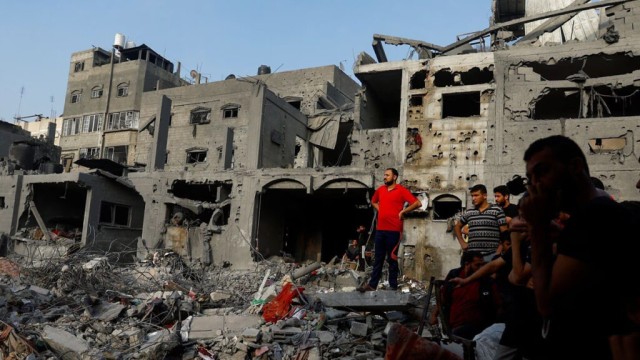
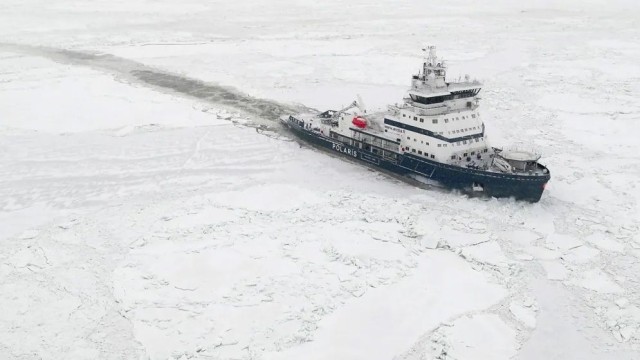
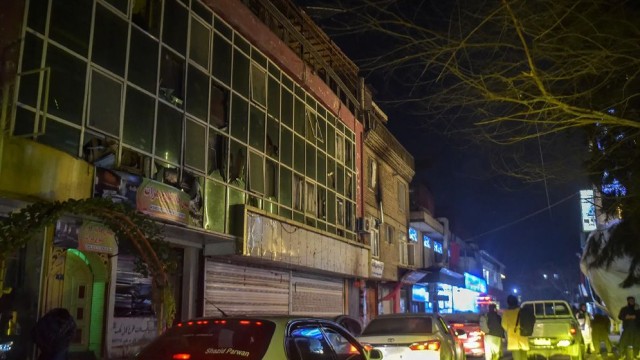
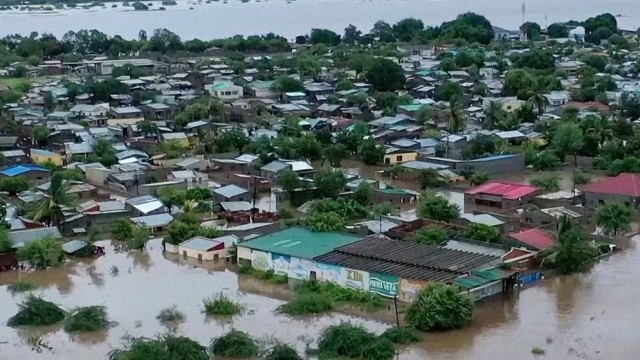
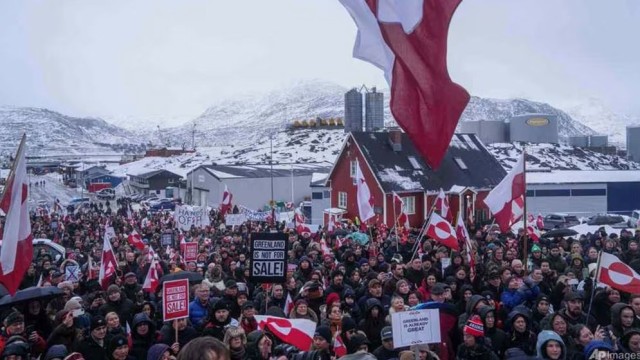
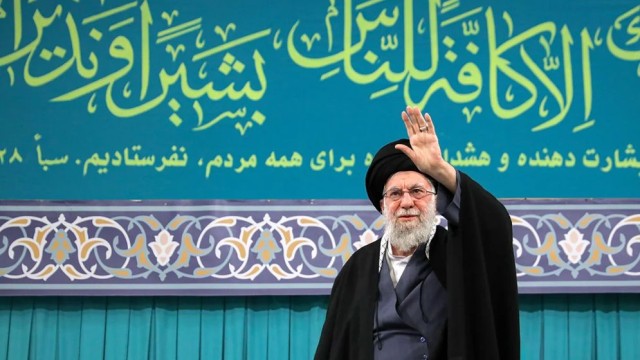
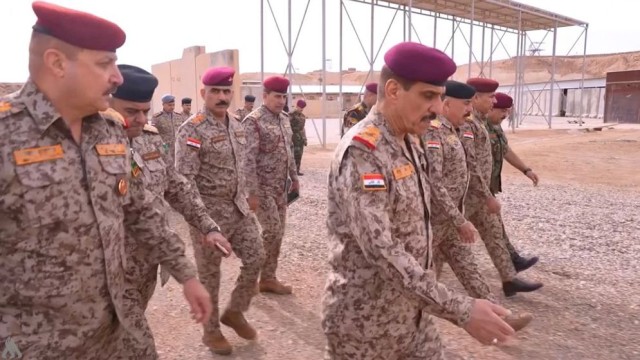
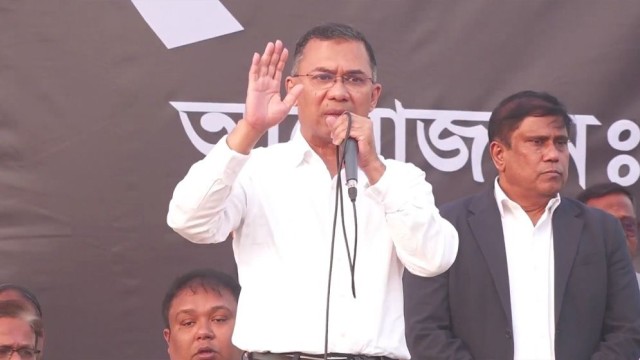
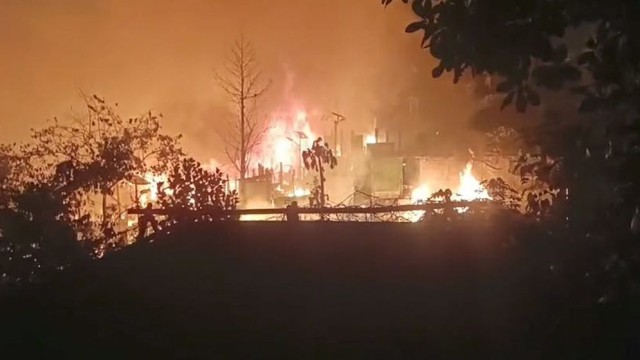


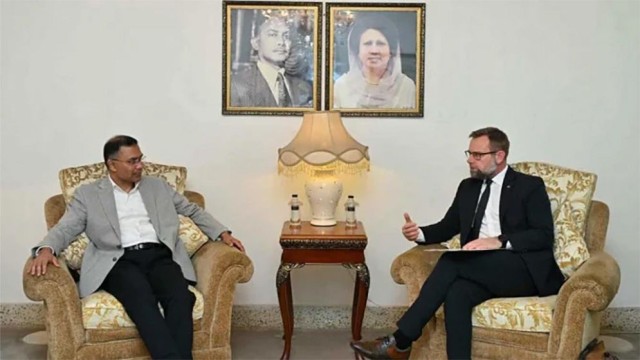

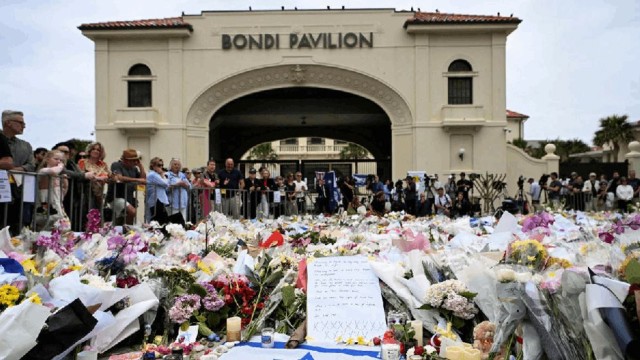
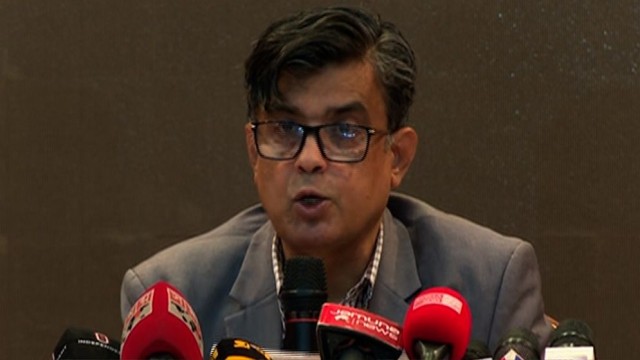
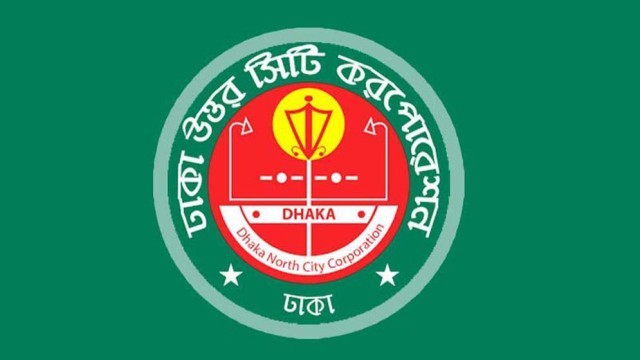
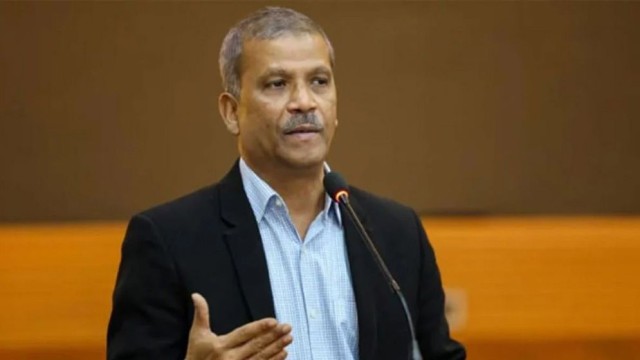





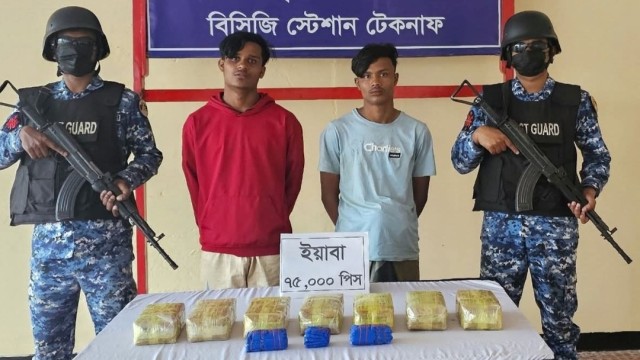

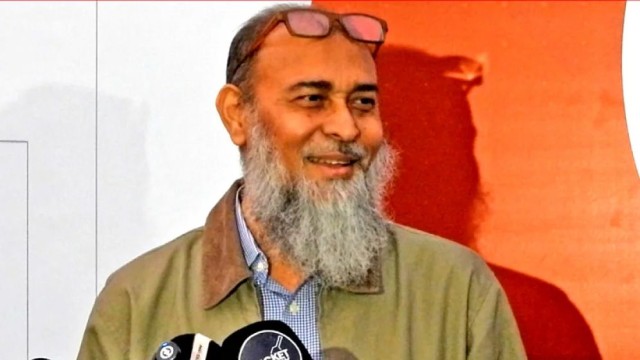

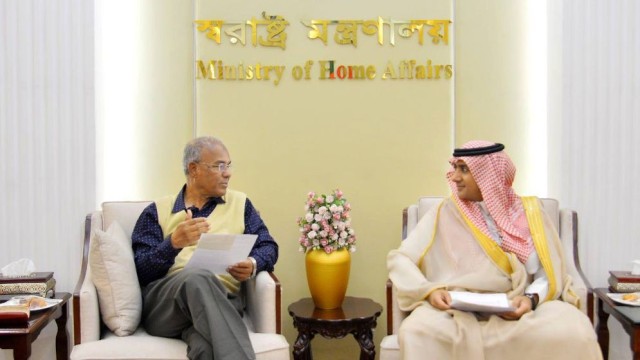
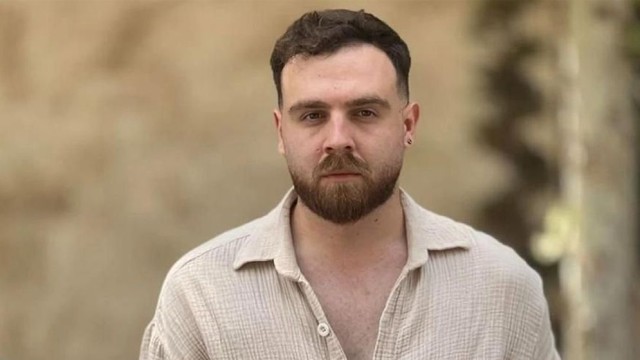
Comment: